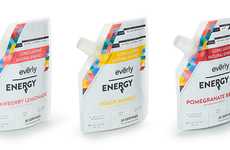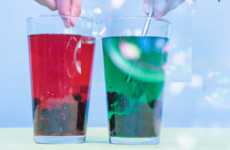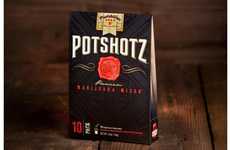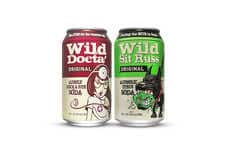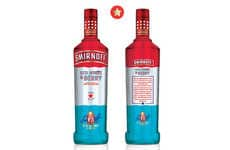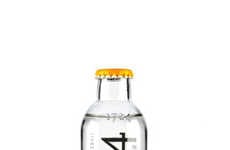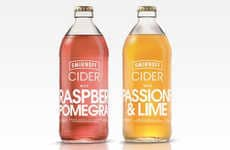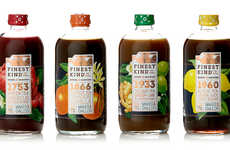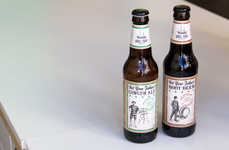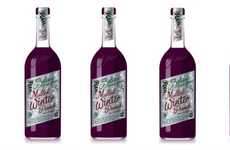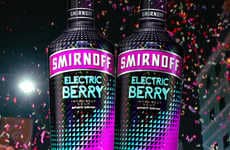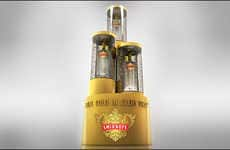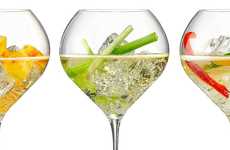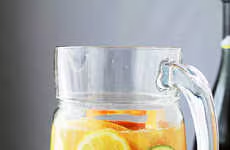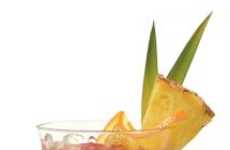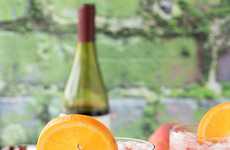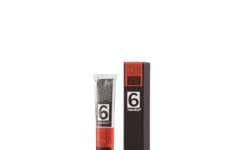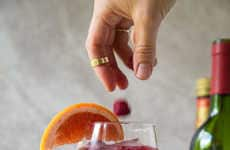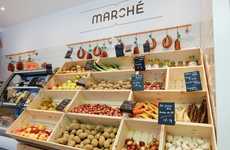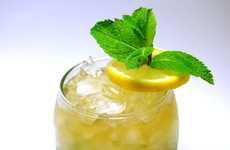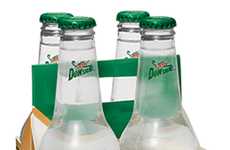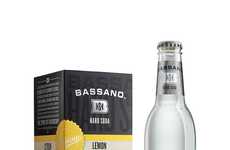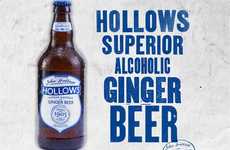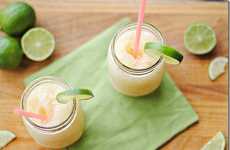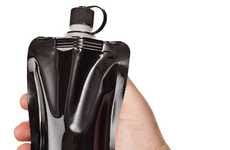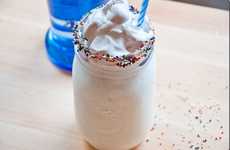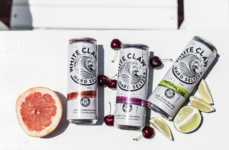
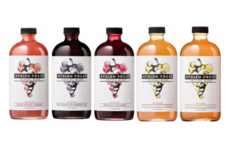

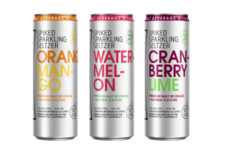
Low-alcohol beverages integrate more subtle flavor akin to flavored waters
Implications - Mixers and other low-alcohol beverages tend to be negatively perceived as overly sugary to mask the alcoholic taste. However, the low-alcohol beverage consumer is no longer a person who simply dislikes the taste of alcohol, but is someone who prioritizes health. Typically, this type of healthy consumer is more familiar with the subtle flavors of non-alcoholic diet beverages. Mimicking these flavors appeases this behavioral tribe through familiarity.
Workshop Question - What are the emerging trends in your industry and how is your offering evolving to accommodate?
Trend Themes
1. Low-alcohol Beverages - As health and wellness become increasingly important, the trend towards low-alcohol drinks has grown, as has the focus on subtle flavors over sugary additives.
2. Fruit-flavored Beverages - From wine to seltzers to cocktail mixers, fruit-flavored alcoholic beverages offer a refreshing twist on traditional spirits.
3. Natural Ingredients - Consumers demand all-natural, healthier ingredients instead of super sugary beverages, leading to the rise of alcoholic beverages linked to traditional sparkling waters, juices and freshly pressed juices.
Industry Implications
1. Beverage Industry - The beverage industry can continue to create more flavors of low-alcohol and fruit-flavored beverages with all-natural ingredients to appeal to consumers interested in health and wellness.
2. Wine Industry - The wine industry can market their products to younger audiences through the creation of sparkling fruit wines with lower alcohol contents perfect for summery sipping.
3. Natural Ingredient Manufacturers - As the demand for natural ingredients rises, manufacturers can incorporate grape juices and skins that are ordinarily discarded in traditional winemaking processes to craft wine-inspired mixers, appealing to those interested in fruity, natural alcohol options.

